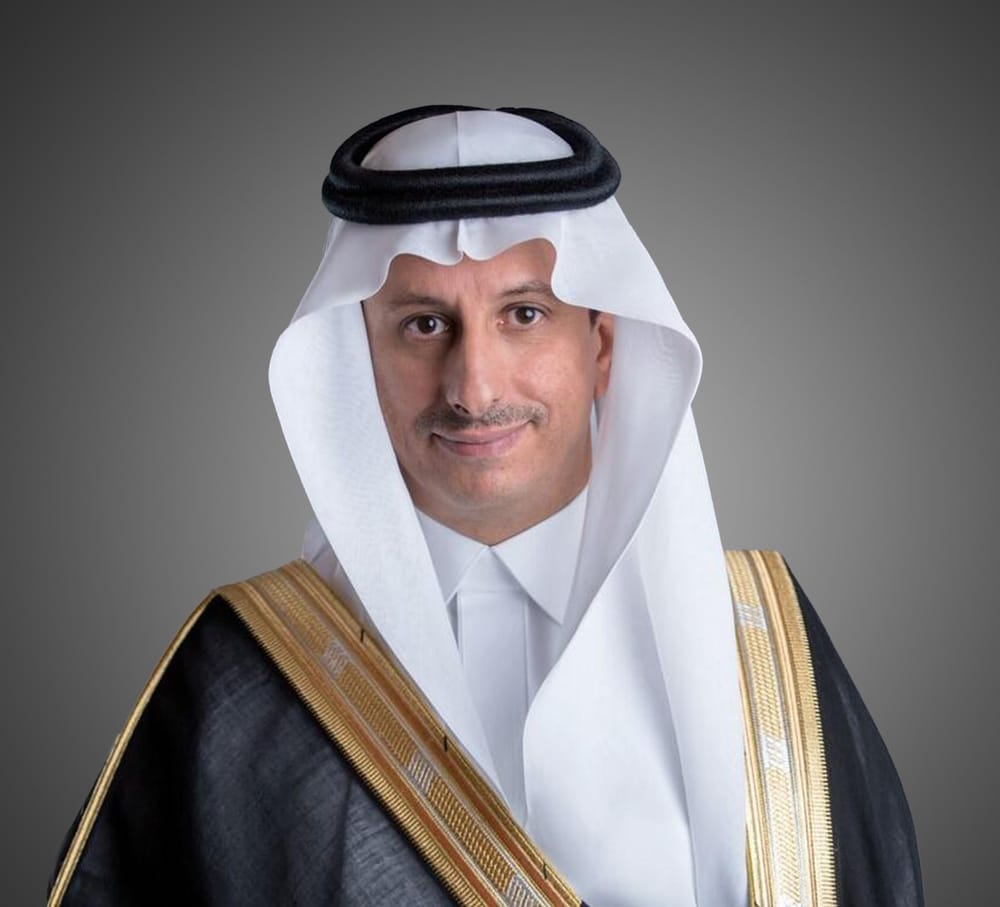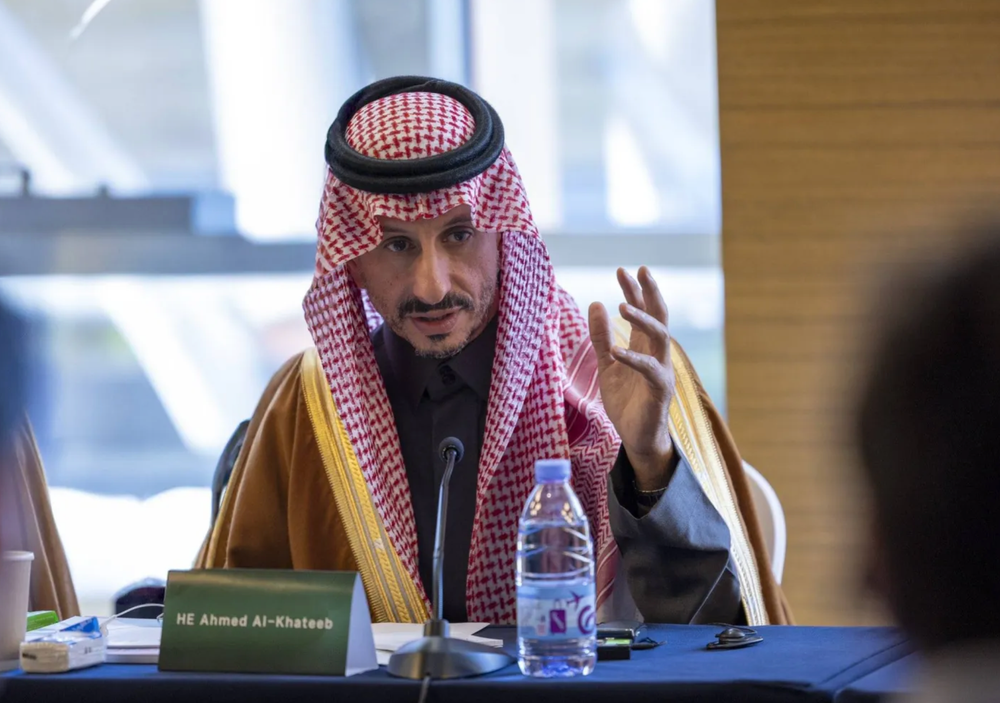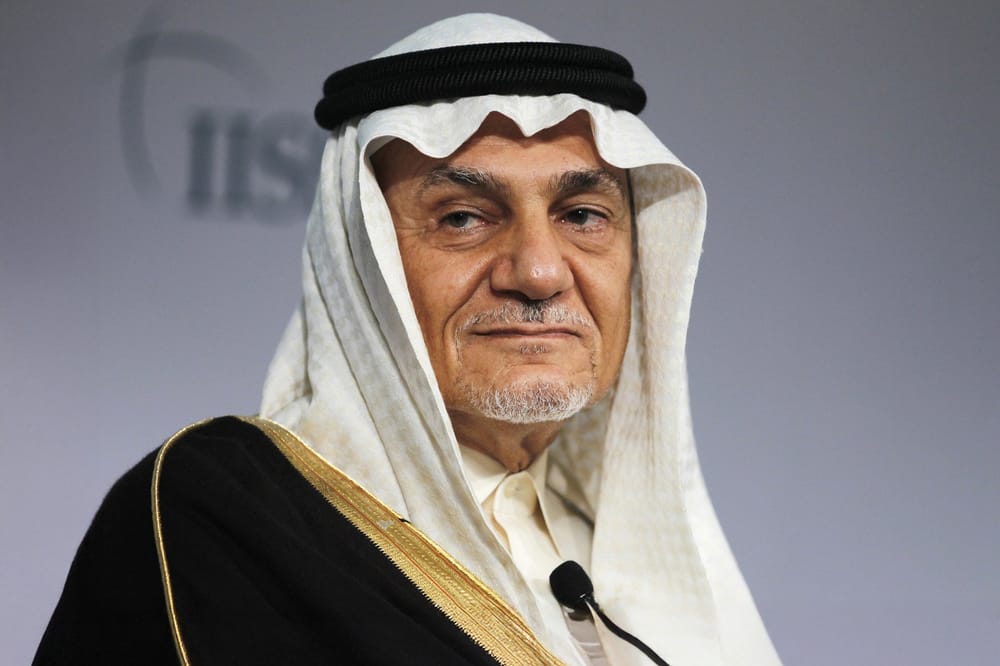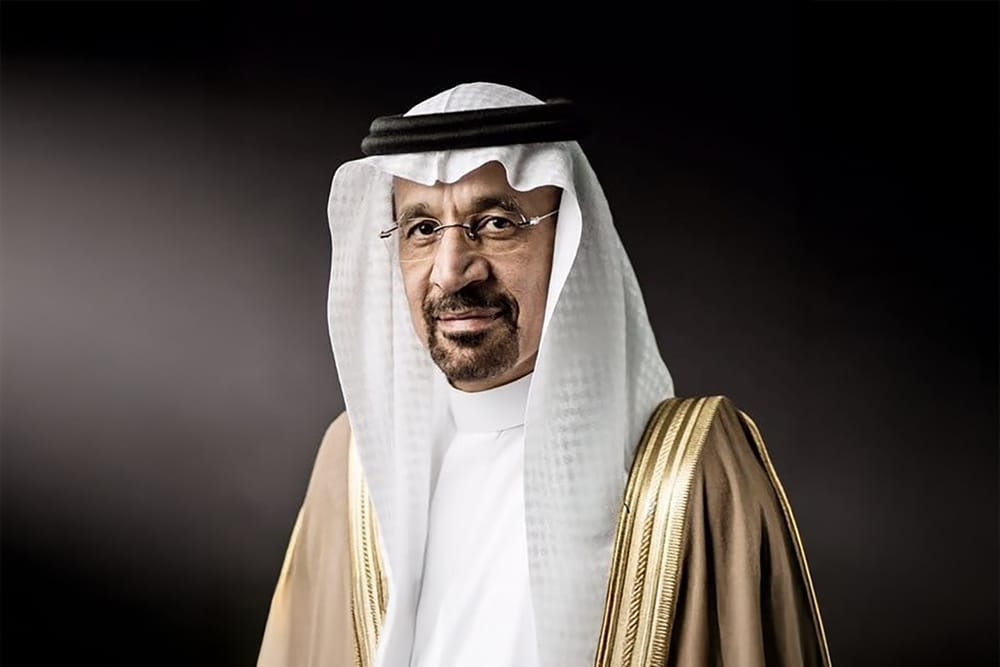Prince Fahd bin Abdulaziz Al Saud, who would later ascend to the throne as King Fahd, played a pivotal role in shaping modern Saudi Arabia’s education system. Appointed as the Kingdom’s first Minister of Education in 1953, Prince Fahd embarked on a mission to transition the country from traditional modes of learning to a structured, modern, and inclusive educational framework. His vision and reforms laid the foundation for the Kingdom’s progress toward becoming a knowledge-driven society.
Early Life and Educational Vision
Born in Riyadh in the early 1920s, Prince Fahd received his initial education at the Princes' School in Riyadh, established by his father, King Abdulaziz, to educate members of the royal family. He later attended the Religious Knowledge Institute in Mecca, where he gained a deep understanding of Islamic studies. These formative experiences shaped his lifelong belief in the transformative power of education and its essential role in nation-building.
Minister of Education (1953–1962): Establishing Modern Foundations
When Prince Fahd became Minister of Education in 1953, Saudi Arabia faced enormous educational challenges. Literacy rates were low, and access to formal schooling was limited, particularly for girls and those in rural areas. Prince Fahd approached these challenges with determination and a clear vision for the future.
Key Initiatives:
1. Establishment of the Ministry of Education
Prince Fahd transitioned the Directorate of Knowledge into the Ministry of Education, granting it the authority to develop a comprehensive national education policy. The Ministry was charged with overseeing the construction of schools, developing curricula, and training teachers.
2. Founding King Saud University (1957)
Understanding the importance of higher education in driving national development, Prince Fahd led the establishment of King Saud University, the first modern university in Saudi Arabia. This institution became a cornerstone for scientific, literary, and professional education.
3. Advancing Women’s Education
Prince Fahd was a forward-thinking advocate for women’s education. Despite societal resistance, he supported the introduction of formal education for girls, culminating in the creation of the General Presidency for Girls' Education in 1960. This bold move opened doors for generations of Saudi women.
By the end of his tenure as Minister, Prince Fahd had overseen the creation of hundreds of new schools and set in motion a nationwide transformation in education.
Reign as King (1982–2005): Expansion and Institutionalization
Upon becoming King in 1982, Fahd maintained education as a national priority and continued to champion its expansion and modernization.
Major Achievements:
1. Expansion of Educational Access
During his reign, the number of Saudi students in schools grew substantially. University enrollment increased across the country, bringing education to rural and urban areas alike.
2. Promotion of Women’s Higher Education
By the late 1990s, women comprised nearly 50 percent of Saudi university students, a remarkable cultural shift that underscored the success of earlier reforms.
3. Investment in Educational Infrastructure
King Fahd invested heavily in building new universities, vocational institutes, and scientific research centers. His administration also prioritized teacher training and curriculum development to elevate the quality of education.
Legacy: Foundations for Future Progress
King Fahd’s contributions established a modern education system that remains a vital pillar of Saudi Arabia’s national development strategy. His leadership not only expanded access to education but also promoted inclusion and excellence.
Subsequent initiatives, including the Tatweer project launched in 2005, built on his legacy by introducing modern pedagogical approaches and further improving curricula. New global partnerships and the founding of advanced institutions like King Abdullah University of Science and Technology (KAUST) are a testament to the enduring impact of his educational vision.
Today, education continues to play a central role in Saudi Arabia’s Vision 2030, with ongoing investments in innovation, technology, and global collaboration—all of which are rooted in the pioneering reforms led by Prince Fahd bin Abdulaziz.
Conclusion
Prince Fahd bin Abdulaziz Al Saud’s tenure as the Kingdom’s first Minister of Education marked a historic turning point in Saudi Arabia’s journey toward modernisation. His visionary leadership laid the groundwork for an inclusive and dynamic education system that continues to empower new generations of Saudis. His legacy is not only a chapter in Cabinet history but a lasting contribution to the Kingdom’s progress and prosperity.






